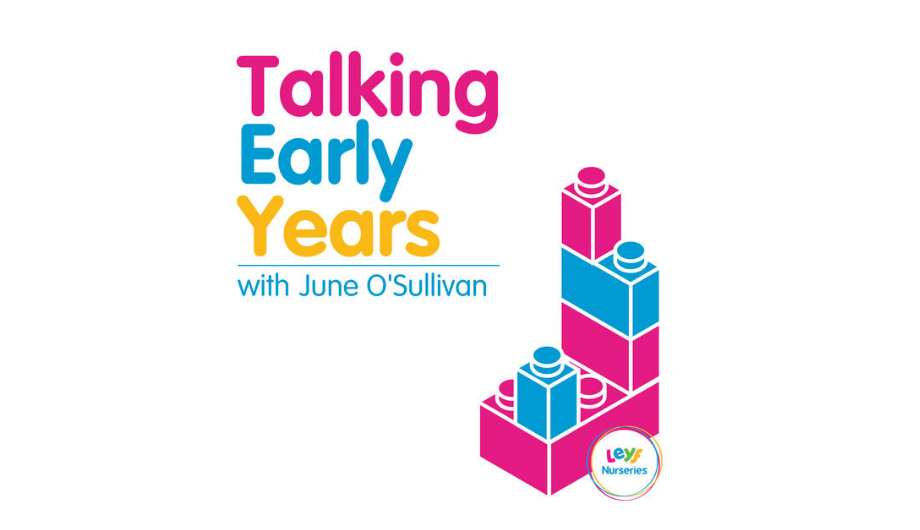A Wish for Wellness in 2022
2022 has finally arrived and it is also Day 5 of my COVID isolation. I know I am nearly better because the world doesn’t feel like a permanent menopausal hot…
May 11th 2021
We simply don’t listen enough to children! They have long realised the benefits of being in touch with nature, but we have done our best to reject this innate need and replaced their childhoods with a technological world. No longer is childhood synonymous with unsupervised play in the outdoor natural world and where children were free to roam and figure out how to navigate the world around them, respond to the vagaries of the weather or build their own resilience and confidence in their environments.
This week is Mental Health Awareness Week with a focus on nature.
I originally trained as psychiatric nurse and worked in what was known as an asylum. I always liked the original definition of the word asylum which actually means a place of refuse and security. Like many words it became tainted by negative associations but when asylums were built they always had large grounds and gardening was considered good for mental health. That remain true today.
COVID-19 showed us all the benefits of nature. No longer was a tweet some inane self-important comment, it was the sound of the woodpecker or the blackbird whether you were in Peckham or Portsmouth, Pwllheli or Portadown. And no, it was not all Swallows and Amazons, for many the daily walk was a scrubby bit of green or admiring some hanging baskets while for others it was the wonderful city parks, a canal walk or the actual countryside. What was consistent was the consensus that being outside made us feel good. The American naturalist and writer, Henry Beston observed that when the wind in the grass is no longer part of the human spirit, a part of our very flesh and bone, man becomes, as it were, a kind of cosmic outlaw. In other words, life without nature makes us inhuman.
For children being outside is essential. People fear children will become estranged from their natural origins because of cars, technology and a fear of strangers and being outside unsupervised. American author and journalist, Richard Louv talks about the nature deficit of the modern child and asks that we give them a daily dose of Vitamin N. I wrote a book on Gardening in nurseries because my daughter, a fervent permaculturist, kept me grounded (literally!) about the interconnection between sustainability, our respect for the environment and nature. This reduces the increasing risk that by remaining indoors we are more apathetic towards environmental concerns.
For those who don’t know what permaculture is, it’s the practice of designing human communities and food systems that mimic sustainable ecologies. There is now an Institute of Biomimicry designing solutions from mimicking what happens in nature (which is derived from a respect of the natural world). For example, learning how we can design a lighting technique by mimicking how bioluminescent algae splashes chemicals together to light their body lanterns. Wouldn’t it be great to mimic the importance of play in young animals on their learning?
Children love the outside and their visible delight is a joy to behold. This quote from R White from Hutchinson Leisure & Learning Group in the US merits us thinking more deeply about the importance of nature within our pedagogies and the way it can get us to slow down, watch, inquire, explore and learn and deepen the sensual experiences of connecting with nature.
“If children’s developing sense of self becomes disconnected from the natural world, then nature comes to be seen as something to be controlled or dominated rather than loved and preserved.”
~ R White, 2004
There are consistent in the message that nature is important to children’s development in every major way.
Naturalising our settings and connecting with nature can be done in many ways from gardening, forest schools, nature walks or by putting more plants all around the workplace.
Enhancing nature strengthens human care for nature so it is a virtuous circle. Research done by the University of Rochester in New York found that nature brings out more social feelings, more value for community and close relationships. People are more caring when they are around nature. This is also the basis of the pedagogy of sustainability, something with which I have become more and more obsessed and the subject of another blog, although we will have a book out on this very topic soon.
So, the call to action is clear. Nature is so central to our psychological and emotional health that it’s almost impossible to realise good mental health for all without a greater connection to the natural world. Everyone in the Early Years sector needs to connect with nature in whatever way you can. It’s good for the children and it is also good for you.
2022 has finally arrived and it is also Day 5 of my COVID isolation. I know I am nearly better because the world doesn’t feel like a permanent menopausal hot…

From Generation to Generation: In Conversation with Professor Norma Raynes About ten years ago I discovered the work of Robert Putnam and the idea of social capital. In…

In 2013, I wrote a blog to raise the alarm on an ill-considered plan to reduce staff to child ratios and reduce the cost of childcare. I was not…